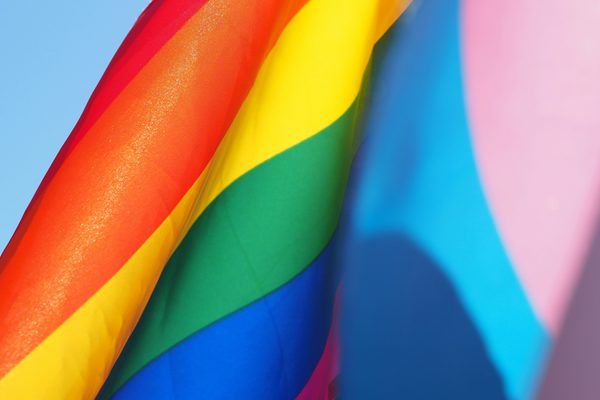Human Rights Defenders and Business - Searching for Common Ground
14 December 2015

This is the fourth in a series of Occasional Papers by IHRB to provide independent analysis and policy recommendations about timely subjects on the business and human rights agenda. In this instance, this paper is co-published with Civil Rights Defenders and Front Line Defenders, both organisations with practical research, campaigning, and advocacy experience of the issues raised in the paper.
Twenty years ago, after a trial that failed international standards, the Nigerian Government executed Ken Saro-Wiwa and eight other Ogoni leaders who were opposing the activities of Shell in the Niger Delta. It sparked global awareness on business’ human rights responsibilities, leading to the development of standards advocacy, initiatives, codes of conducts, and principles for business and human rights. Despite UN General Assembly resolutions supporting their work, laws continue to be applied to restrict the activities of human rights defenders.
As cases in this Paper show, journalists exposing corruption, Internet activists demanding accountability, and community activists campaigning for land rights have all faced pressure.
More than sixty governments have passed laws in the last three years to place restraints on the ability of human rights defenders to hold their governments to account. Among those targeted are individuals and organisations who challenge economic policies or business conduct. Human rights defenders’ activities are being criminalised and they face surveillance, intimidation, lawsuits, arrests, and torture – in some cases, even death.
Companies are engaging with civil society, but mutual suspicions remain. Companies share common goals with human rights defenders - accountability, transparency, the rule of law, and due process. Companies should build on these common interests and engage human rights defenders, and where possible, speak out in their defence.


